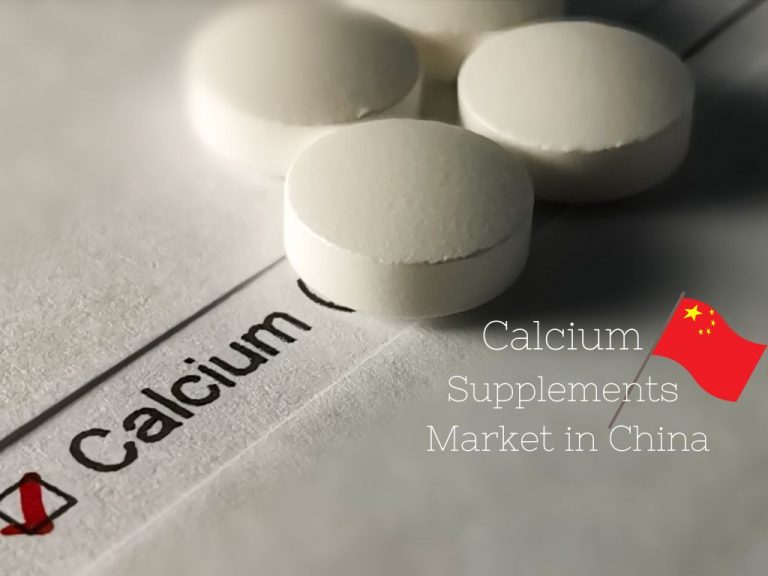The Chinese Fruit Juice Beverage Market Exceeds USD 10 Billion
As consumers’ awareness of health and wellness grows, more and more people are turning to products with higher fruit juice content. As consumers shift from fruit juice beverages to 100% fruit juices, the industry size is continuously declining. From 2011 to 2021, the proportion of fruit juice beverages in the soft drink industry has been decreasing. In 2021, the retail market size of China’s fruit juice beverages was 74.678 billion yuan, with the market share dropping to 12.81%.
Need a cost effective TP (Tmall Partner) to sell in China?
We are an Official Tmall Partner e-commerce Agency. Our Services: E-Commerce, Search Engine Optimization, Advertising, Weibo, WeChat, WeChat Store & PR.

Coca-Cola’s invest in Fruit Juice market
The US firm Market Share in China Exceeds 10%. From the perspective of corporate competition, China’s fruit juice beverage market is relatively fragmented with many brands participating, and the market share of the top 10 companies is less than 50%. In 2021, Coca-Cola ranked first in the Chinese fruit juice beverage industry, with a market share of 10.6%; followed by Huiyuan, Tingyi International Group, Uni-President, and Zhonghua Food, with market shares of 9.7%, 9.6%, 3.9%, and 3.7%, respectively.
Minute Maid, Huiyuan, and Master Kong Rank Top 3 in Market Share
From the brand competition perspective of fruit juice beverages, Minute Maid and Huiyuan, as the two most well-known fruit juice beverage brands in China, occupy the top two positions in the market, with market shares of 10.5% and 9.7% respectively. Brands like Master Kong, Uni-President, Nongfu Spring, and Pure Joy have also seen an increase in market share.

China’s Fruit Juice Beverage is moving online
The proportion of 100% fruit juice in China is low, presenting significant room for improvement compared to overseas markets. With the pandemic situation improving, 100% fruit juices sold in convenience stores are expected to witness a growth peak in the short term. However, in the long term, the transformation of the fruit juice beverage industry will take time. It is anticipated that the future market size of fruit juice beverages will show a trend of initial decline followed by an increase. By 2027, the market size of China’s fruit juice beverages is expected to reach 74.7 billion yuan.
The Dynamic Coconut Juice Market in China
Coconut Tree Group has been a key player in China’s coconut juice market, gaining recognition for its high concentration and authentic taste of Coconut Tree coconut juice. Over the past decade, the group has maintained impressive revenues, consistently around 4 billion yuan, thanks to its flagship product, Coconut Tree brand coconut juice.
read more
A notable venture in 2022 was the collaboration between Coconut Tree Coconut Juice and Luckin Coffee, which led to the launch of ‘Coconut Cloud Latte’. This innovative blend of coffee and coconut juice captured consumer interest, reflecting the growing trend of incorporating coconut elements into various beverage categories.
Expanding the Horizon of Coconut Products
While Coconut Tree has maintained a strong presence in the coconut juice sector, other brands have also made significant strides in various coconut-related niches. Spring Light Food, originating from a family workshop, diverged from coconut juice to focus on coconut sugar, its first major product. This strategic shift paid off, as Spring Light Food emerged as a market leader at the spring sugar and wine fair in 2012. Huang Chun Guang lauded it as ‘Hainan’s number one souvenir brand,’ with coconut sugar capturing a market share of 70% and an annual production of 8,000 tons. The brand’s success extended beyond China’s borders, reaching markets in the United States, Britain, Singapore, and other countries.

Marketing and Sales Achievements
The synergy between Coconut Tree and Luckin in their ‘Coconut Cloud Latte’ campaign not only offered a novel product but also marked a successful cross-industry collaboration. This partnership resulted in a significant boost in sales volumes, exemplifying the potential for innovative marketing in China’s beverage sector.

The prominence of coconut products in the Chinese market is a testament to both the versatility of coconuts and the ingenuity of local brands. As these companies continue to explore new ways to integrate coconut into their products, the market is set to witness further growth and diversity in offerings, catering to a broad spectrum of consumer preferences.
There is a big demand for online distribtors in China to sell Imported Juice brand
contact us to know more

10 Tips for Selling a Juice Brand in China
- Invest in Branding for Supermarkets: Establish strong brand recognition through eye-catching packaging and in-store promotions. Collaborate with popular supermarkets and hypermarkets for shelf space and visibility.
- Leverage Douyin for E-commerce: Utilize Douyin (TikTok) not just for content marketing but also for direct e-commerce sales. Create engaging and shareable video content that showcases your juice products.
- Little Red Book (Xiaohongshu) Marketing: Capitalize on this popular social media platform to connect with young, trend-conscious consumers. Share appealing product images, user testimonials, and health benefits of your juices.
- E-Reputation Management: Actively manage and enhance your online reputation across various Chinese digital platforms. Engage with customer feedback and cultivate a positive brand image.
- Collaborate with Key Opinion Leaders (KOLs): Partner with influential KOLs who resonate with your target audience. They can help amplify your brand’s message and build trust among potential customers.
- Adapt Packaging to Local Preferences: Customize your juice packaging to appeal to Chinese consumers. This could involve culturally relevant designs, convenient packaging sizes, and clear health benefit labels.
- Utilize Popular E-Commerce Platforms: Sell your products on platforms like Tmall, JD.com, and Pinduoduo. Participate in online shopping festivals and offer special promotions to increase sales.
- Focus on Health and Wellness Trends: Align your products with the growing health consciousness in China. Highlight natural ingredients, nutritional benefits, and any unique health-promoting aspects of your juices.
- Develop a Strong Social Media Presence: Establish and maintain a strong presence on Chinese social media platforms like Weibo and WeChat. Use these platforms for brand storytelling, product announcements, and engaging with your audience.
- Localized Marketing Campaigns: Tailor your marketing campaigns to resonate with local cultural nuances. This includes aligning with Chinese holidays, festivals, and trends to create a more relatable brand image.

If you want to sell your products in China, we can help you
Contact us








I want to export mango puree to China my product is recognized worldwide with all relevant certifications in addition it is already approved by Chinese authorities